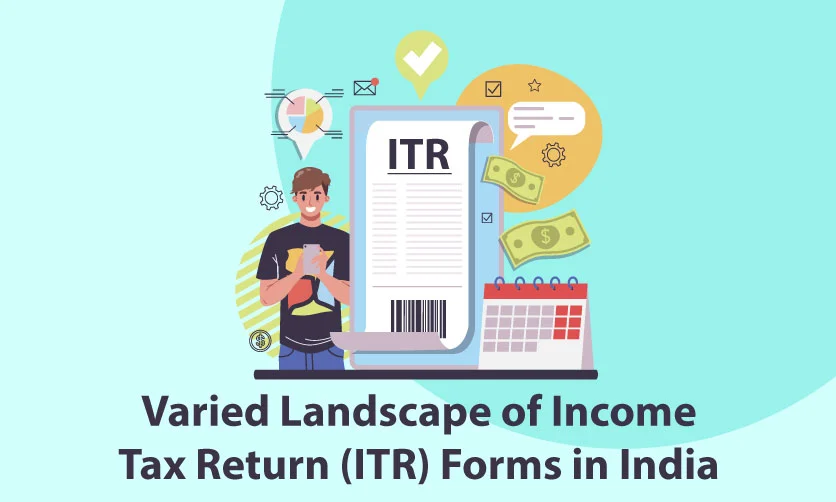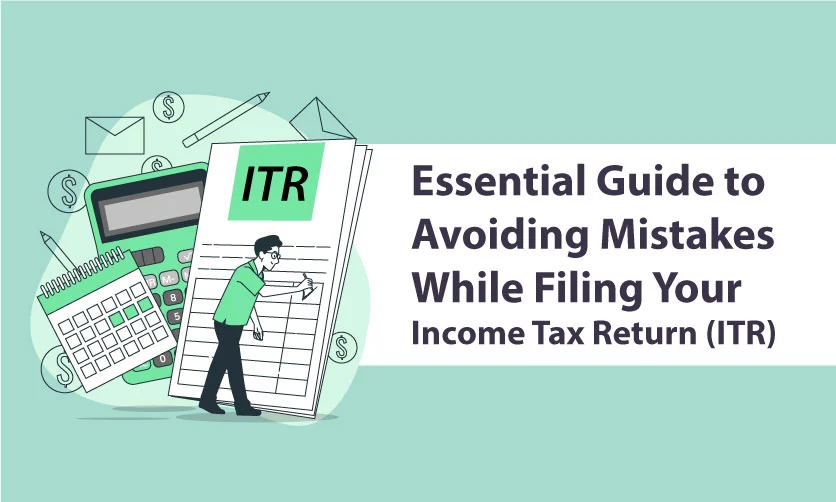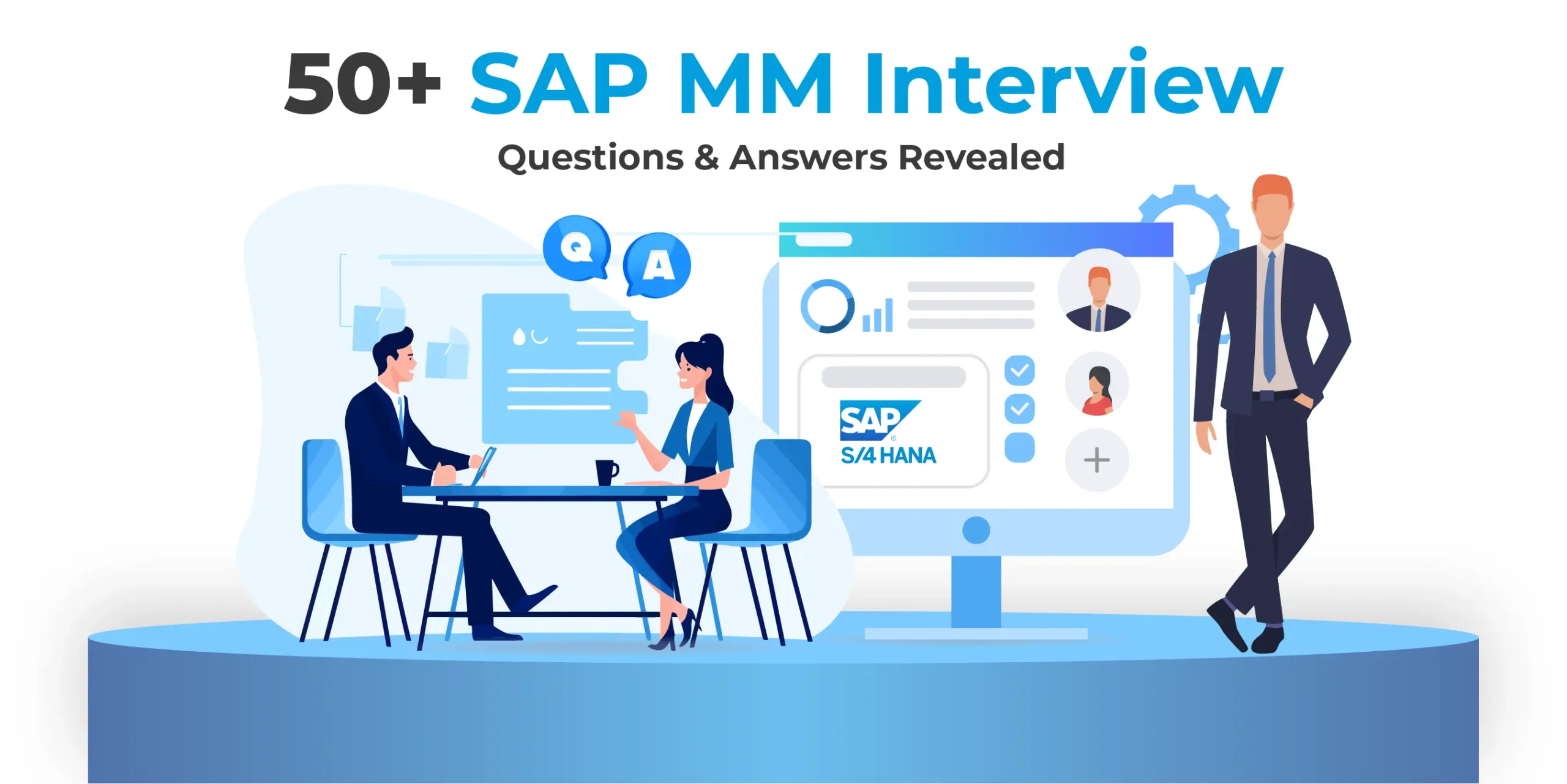
Varied Landscape of Income Tax Return (ITR) Forms in India
Filing income tax return (ITR) forms in India is a nuanced process, with the Income Tax Department offering an array of Income Tax Return (ITR) forms designed to cater to the diverse financial scenarios of taxpayers in India. This exhaustive exploration aims to dissect the details of each ITR form, providing a comprehensive guide to help taxpayers understand their intricacies and make informed choices based on their unique income sources.
Table of Contents
ITR-1 (Sahaj):
Eligibility:
- Applicable for individuals earning income from salary, one house property, and additional sources like interest income.
Detailed Analysis:
- Breakdown of eligible income sources.
- Specifics on permissible exemptions and deductions.
- Illustrations of scenarios where ITR-1 is the most suitable.
ITR-2:
Eligibility:
- Applicable for individuals and Hindu Undivided Families (HUFs) with income from salary, house property, capital gains, and other sources.
Detailed Analysis:
- In-depth exploration of the various categories of capital gains.
- Analysis of complexities in income from other sources.
- Cases where ITR-2 proves indispensable.
ITR-3:
Eligibility:
- Applicable for partnerships and individuals with income from business or profession under proprietorship.
Detailed Analysis:
- Detailed breakdown of business and professional income.
- Explanation of when ITR-3 is preferable over other forms.
- Real-world examples for better understanding.
ITR-4 (Sugam):
Eligibility:
- Applicable for individuals, HUFs, and firms with presumptive income from business and profession.
Detailed Analysis:
- In-depth explanation of presumptive taxation.
- Analysis of scenarios suitable for ITR-4.
- Comparative study with other ITR forms for businesses.
Read more about GST here
ITR-5:
Eligibility:
- Applicable for firms, LLPs, AOPs, BOIs, and AJPs.
Detailed Analysis:
- Explanation of complex structures like LLPs and AOPs.
- Cases where ITR-5 is indispensable.
- Comparative analysis with other forms for partnership entities.
ITR-6:
Eligibility:
- Applicable for companies other than those claiming exemption under section 11.
Detailed Analysis:
- Overview of company taxation.
- Explanations of exemptions under section 11.
- A step-by-step guide for companies in choosing ITR-6.
ITR-7:
Eligibility:
- Applicable for entities required to furnish returns under various sections.
Detailed Analysis:
- Comprehensive coverage of specific sections necessitating ITR-7.
- Real-world examples and case studies.
- Comparative analysis with other forms for specialized entities.
GST Unveiled: Explore a Range of Courses for In-Depth LearningFrom Basics to Advanced: Expert-Driven GST Learning Programs |
|
| Browse Classroom Course | Browse Online Course |
| More Learning Options for you: GST Certification Course | TallyPrime with GST and TDS | GST & TDS |
|
Choosing the Right ITR Form:
1. Assessing Income Sources:
Detailed Guide:
- Comprehensive checklist for identifying income sources.
- In-depth discussion on the complexities of various income streams.
- Decision-making flowcharts for taxpayers.
2. Understanding Exemptions and Deductions:
In-depth Exploration:
- Comprehensive list of exemptions and deductions available.
- Case studies illustrating optimized tax planning.
- Impact of recent changes in tax laws on exemptions.
3. Presumptive Taxation:
Exhaustive Analysis:
- Detailed explanation of presumptive taxation.
- Comparative study of presumptive and regular taxation.
- Real-world case studies illustrating benefits and limitations.
4. Seeking Professional Advice:
Advanced Strategies:
- A guide on when and why to consult tax professionals.
- How to choose the right tax consultant.
- Advanced tax planning strategies for high-net-worth individuals.
Conclusion:
In conclusion, the intricate landscape of income tax filing demands a comprehensive understanding of each ITR form. By delving into the details, taxpayers can not only fulfill their legal obligations but also optimize their tax liabilities. This exhaustive guide serves as a valuable resource for taxpayers, offering insights into the complexities of each ITR form and empowering them to make well-informed decisions. Stay informed, be proactive, and navigate the tax landscape with confidence and financial acumen.
- Understanding Credit Notes in Tally Prime: A Comprehensive Guide - April 26, 2024
- 50+ SAP MM Interview Questions and Answers Revealed - April 19, 2024
- Tally Prime on Mobile: Revolutionizing Business Management On-The-Go - April 5, 2024





